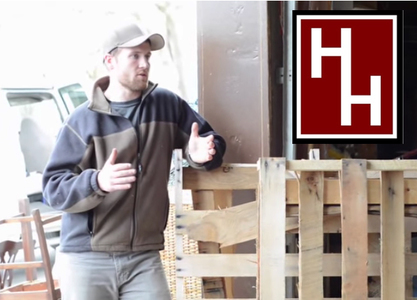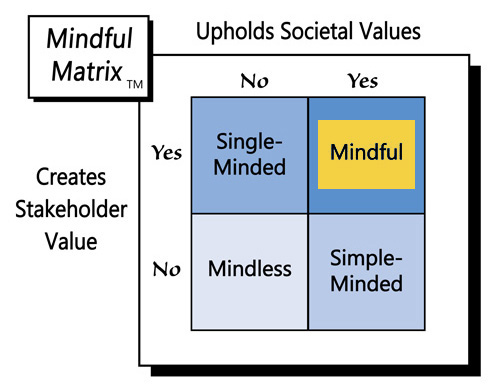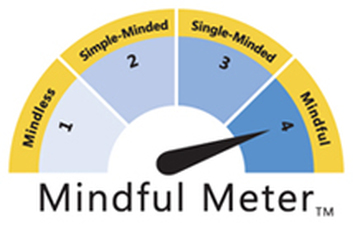Based in Union Bridge, Maryland, Hometown Hope creates a custom line of rustic furniture: tables, shelves, mirrors, as well as a few other decorative pieces—not that remarkable in itself—many other manufacturers boast a broader product mix and more peculiar pieces.
One thing that makes Hometown Hope unique, however, is who makes the furniture. The company partners with the Westminster Rescue Mission in Carroll County, MD to teach the trade of carpentry to some of the mission’s men, who in turn assist with the furniture’s fabrication. To be engaged in creative and productive work is fulfilling for anyone. The men from WRM realize special satisfaction, however, as the carpentry work contributes to their recovery from past struggles and addictions.
As encouraging as this partnership is, it’s actually only part of the story of hope. The company also actively engages in upcycling, or “the process of converting old or discarded materials into something useful and often beautiful.” More specifically, Hometown Hope uses materials such as pallets and old barn wood to craft its custom furniture pieces. As such, the enterprise offers an added element of sustainability.
As Hometown Hope’s website describes, the symbolism of the men and the materials is strikingly similar. Both have been battered in life. Both tend to be discarded in a society that favors new and unblemished. Yet both are reclaimed in spirit and in form and rebuilt into something, or someone, of great beauty. “Just as this material has value left, so do these men.”
Think about some of the bigger purchases you’ve made, or about a few of the products you buy on a regular basis. How many of those acquisitions cause you consternation? For example, “I love drinking this _________, but all this plastic can’t be good for the environment.” Or, “I like wearing _________, but I’d be afraid to find out who’s making it and in what conditions they’re working.”
Purchases from Hometown Hope neutralize this kind of negative impact. Moreover, the business model goes one big step forward and actually helps to restore broken lives—something that very few for-profit companies can claim.
It’s not surprising that Hometown Hope won the inaugural Impact Venture Challenge, held a few weeks ago on the campus of Messiah College in Mechanicsburg, PA. Although the competition can be compared to Shark Tank, the IVC didn’t just reward viable business concepts; it also required each business plan to have integrated within it a clear and consistent component of social responsibility. Six finalist teams presented their approaches for strategic business benevolence. All were good, but the judges rightly awarded Hometown Hope the top prize.
Both creating stakeholder value and upholding societal values--Hometown Hope’s entire business model is based on this two-pronged approach. It’s corporate social responsibility at its best. It’s also an excellent example of “Mindful Marketing.”
Learn more about the Mindful Matrix and Mindful Meter.
Check out Mindful Marketing Ads and Vote your Mind!




 RSS Feed
RSS Feed